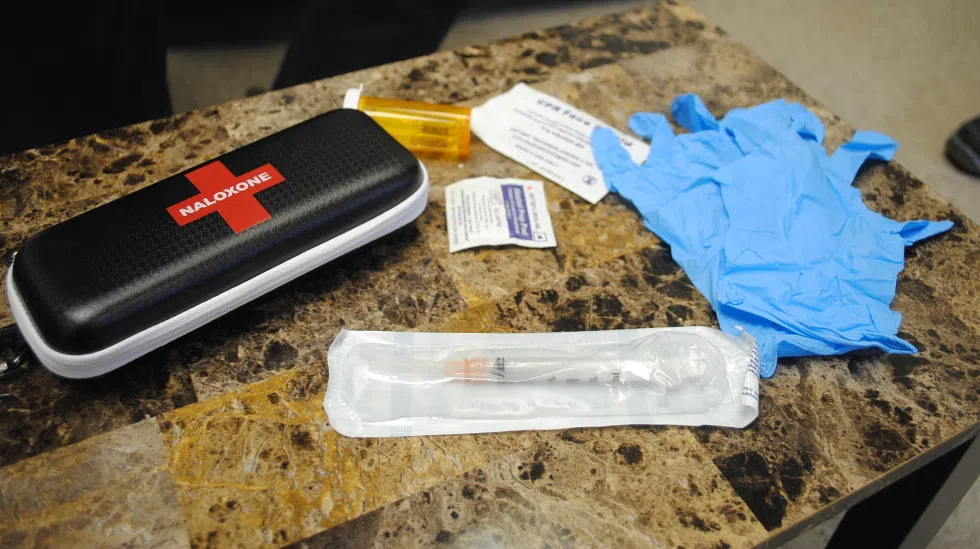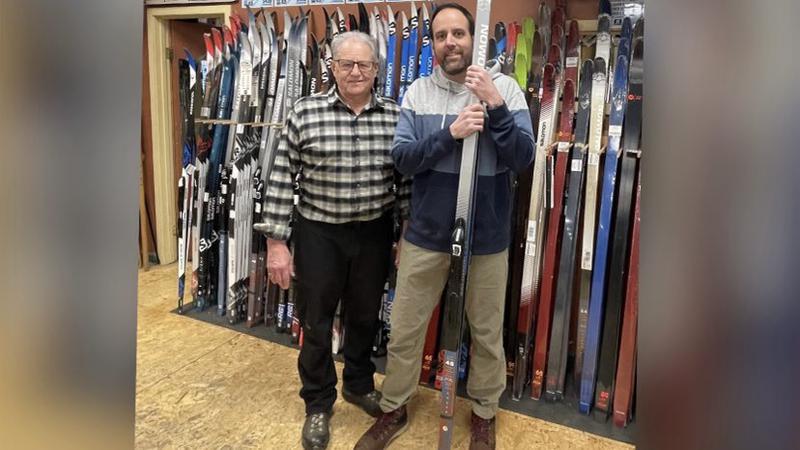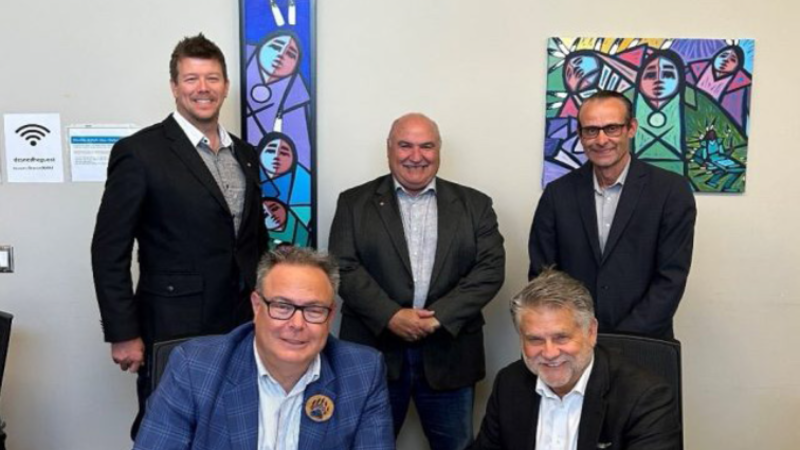
P.A. health region offering free care for opioid overdose
The tool to combat an opioid overdose, which has become a serious health issue across Canada, is now available for free in Prince Albert.
Starting today, Jan. 9, 50 naloxone overdose kits are available through Access Place to help anyone who risks an overdose.
Steven Mah, manager of the Access Place and outreach services, said staff want to be as pro-active as possible when dealing with fentanyl and opioids, which have sparked drug crises all across Canada.
“I would like to go through all 50 kits,” he said. “The more kits that are circulating through the community and people are trained, the more prepared we are to save someone’s life.”’


